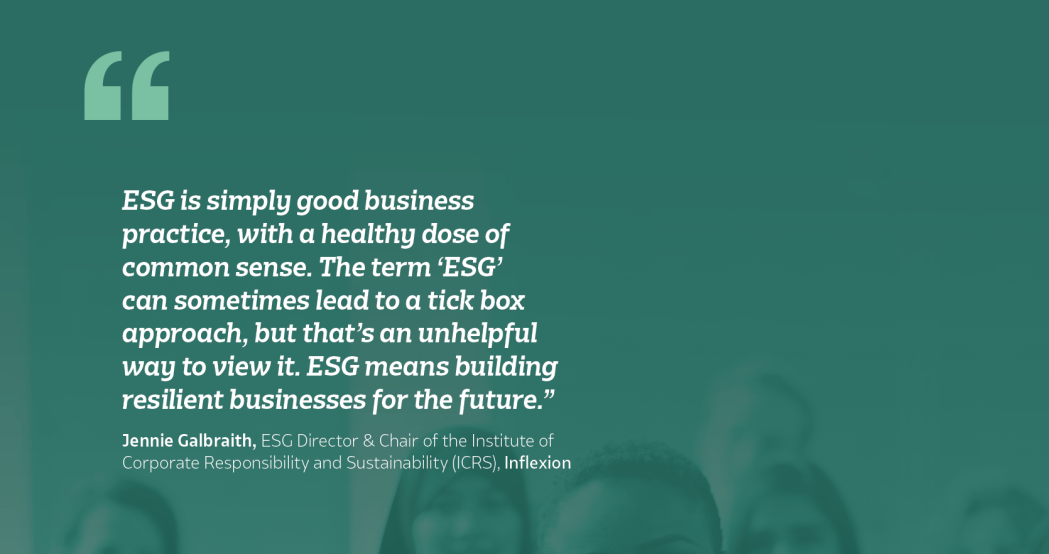Sparta Global has today released a report highlighting how social impact is a key indicator and driver of business success across hiring and retaining talent, innovation, and more.
In the face of climate change. social justice movements, and recession, employees are seeking alternative commitments from employers. Sparta Global’s research indicates that for job seekers in 2024, a company’s contributions to environmental sustainability, poverty alleviation, and community well-being are of growing importance.
For 61% of employees, the social purpose of their organisation contributed to them accepting their current role, while 45% of people who consider the social value of a business remained working there for more than five years. Young people today want meaningful careers that align with their passions and encourage innovation. 72% of those who prioritise the social purpose of their employer are in the 18 – 35-year-old age group.
“Social impact and socially responsible business is about tangible, positive changes made by organisations in response to societal issues,” says Sparta Global CEO, David Rai. “Morally, businesses must want to do best by their people – employees, immediate community, and wider society. But genuine socially responsible businesses go beyond profit to prioritise ethical practices, transparent governance, and community engagement.”

Representation and opportunity for diverse communities is a critical part of being a social impact business. Yet only 54% of the companies surveyed currently invest in dedicated strategies to attract talent from minority backgrounds, and just 35% of the companies analysed have internal teams responsible for promoting and measuring social impact for those already employed. Research even found just 35% of boards have members from minority socio-economic backgrounds.
The report also touches on tokenism - a superficial endeavour to appear diverse without creating a genuinely inclusive environment. Shockingly, only 46% of the employees surveyed believe that their business brands are authentically purpose-driven. In addition, 31% of respondents did not know what their core company values were and how they relate to social value.
David Rai continues; “It is clear from our research that social impact is still not universally recognised as a business strategy and that the benefits – beyond moral – are largely misunderstood. When social impact is considered, people are prioritised, and Environmental, Social and Governance (ESG) and Corporate Social Responsibility (CSR) become critical conversation points at board level. Action this and businesses will see and improvements across stakeholder engagement, reputation and brand omage, talent attraction and retention, innovation, and more”.
In addition to delivering key insights across neurodiversity and technology, the Equal Tech Report also features contributions from Inflexion, Ampersand Partners, Boldr, and Jack Parsons – the UK’s Chief Youth Officer.
Click below to download the report in full.





